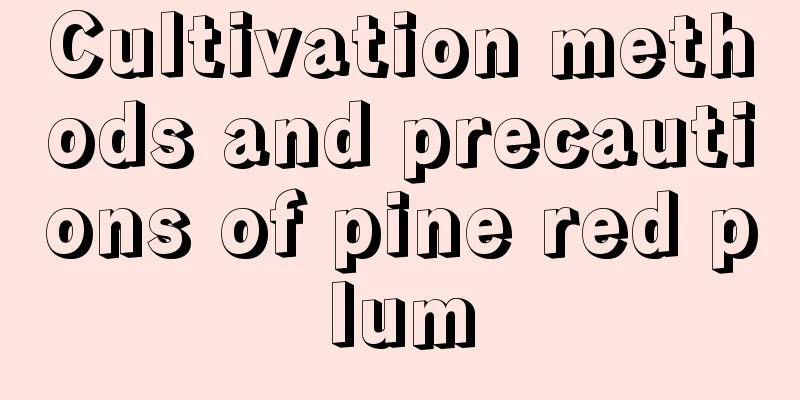What to do if the leaves of bicolor jasmine turn yellow

Improper wateringYellowing leaves caused by long-term watering are manifested in that the young leaves are dull and yellow, while the old leaves have no obvious changes. The roots are small and yellow-green, and the new shoots are shrunken and do not grow. Watering should be controlled. In severe cases, the plant can be removed from the pot and placed in a cool place to dry the soil before being put back in the pot. Yellowing of leaves is caused by lack of water or insufficient watering. The old leaves turn yellow and fall off from the bottom to the top, but the new leaves generally grow normally. The amount and frequency of watering should be appropriately increased. Improper fertilizationDue to excessive fertilization or high concentration of fertilizer, the tips of new leaves appear dry brown, the tips of old leaves dry, yellow and fall off. Although the leaf surface is generally thick and shiny, it is mostly uneven. Stop fertilizing or wash the fertilizer with clean water. If potted flowers are only watered but not fertilized for a long time, or if the pots are not repotted for many years, the roots will become a clump and the plants will not get fertilizer, causing the leaves to turn yellow. In addition to repotting in time, thin fertilizers should be applied frequently. Improper lightingIf potted bicolor jasmine is exposed to insufficient light for a long time, the chlorophyll in the leaves will decrease, causing the green color of the leaves to gradually disappear and appear albinism. The plant can be moved to a sunny place to make the leaves slowly turn green. Soil is alkalineBicolor jasmine is a flower that likes acidic soil. If the soil or water in the pot is alkaline, it often causes the leaves to turn from green to yellow, or even fall off. In addition to using acidic nutrient soil for cultivation, you can use alum fertilizer water or 0.2%-0.5% ferrous sulfate aqueous solution for spraying, which can turn the leaves from yellow to green. Temperature discomfortBicolor jasmine is not resistant to high temperature and high humidity. It turns yellow due to hot summer, poor ventilation and improper shade. Pay attention to ventilation and cooling, and the soil in the pot should not be too hot. In addition, in the cold winter, if the indoor temperature is low, the leaves of bicolor jasmine will turn yellow and fall off. In addition, when attacked by pests and diseases, the leaves may turn yellow and fall off. If a few leaves on the lower part of the plant turn yellow and fall off, that is normal. |
<<: What to do if the leaves of Daxuesu turn yellow
>>: The causes and solutions of yellowing iris leaves
Recommend
What to do if blue stone lotus grows too long
1. Performance They are not long, but long and co...
How to move the pot of Ping Pong Chrysanthemum
1. Remove the pot Remove the chrysanthemum from i...
How to eat snake fruit
How to eat snake fruit Eat raw Wash the purchased...
How to propagate petunia
Growth habit Sunshine and temperature Petunia is ...
Can quartz sand be used to grow succulents?
Can quartz sand be used to grow succulents? Quart...
Who said not to eat too much seasoning? These 6 kinds of spices are better than Chinese medicine for detoxification and beauty!
Eat more vinegar to beautify your skin Benefits o...
How to grow mountain roses in summer
1. Cultivation conditions 1. Mountain roses prefe...
How to water the maidenhair fern? Does it need to be watered every day?
Overview of Watering the Maidenhair Fern The maid...
What is the best fertilizer for tomatoes?
Tomato fertilization time After the tomato inflor...
How many days does it take for lettuce to sprout?
Lettuce is one of the common vegetables in our da...
What fertilizer is best for camellia?
Fertilizing Camellia Camellia is a fertilizer-lov...
Water and fertilizer management in Qianzhi Tower
Watering Tips Most succulents follow the principl...
Can banana trees be planted in Hunan?
Can banana trees be grown in Hunan? Banana trees ...
What is the best month to plant outdoor watermelons?
When to plant outdoor watermelons Open-air waterm...
Why is the crabapple flower considered unlucky?
1. The reason why it is considered unlucky (1) Fl...









